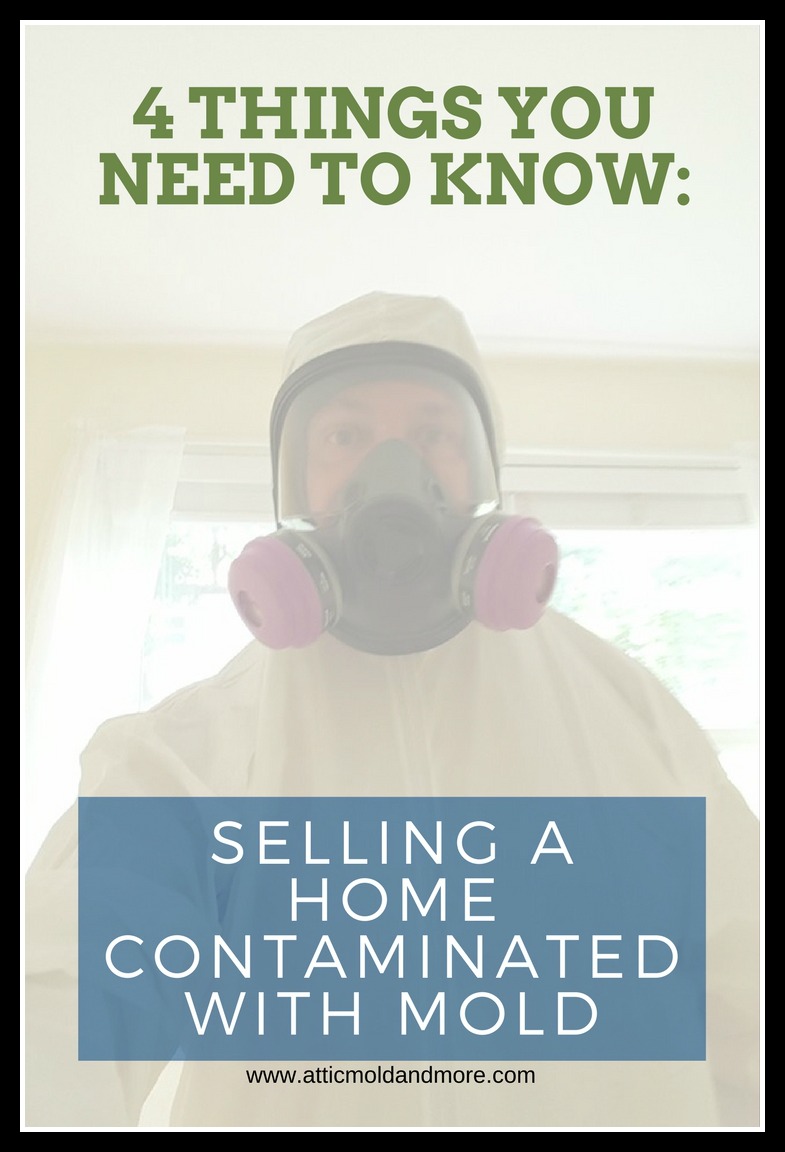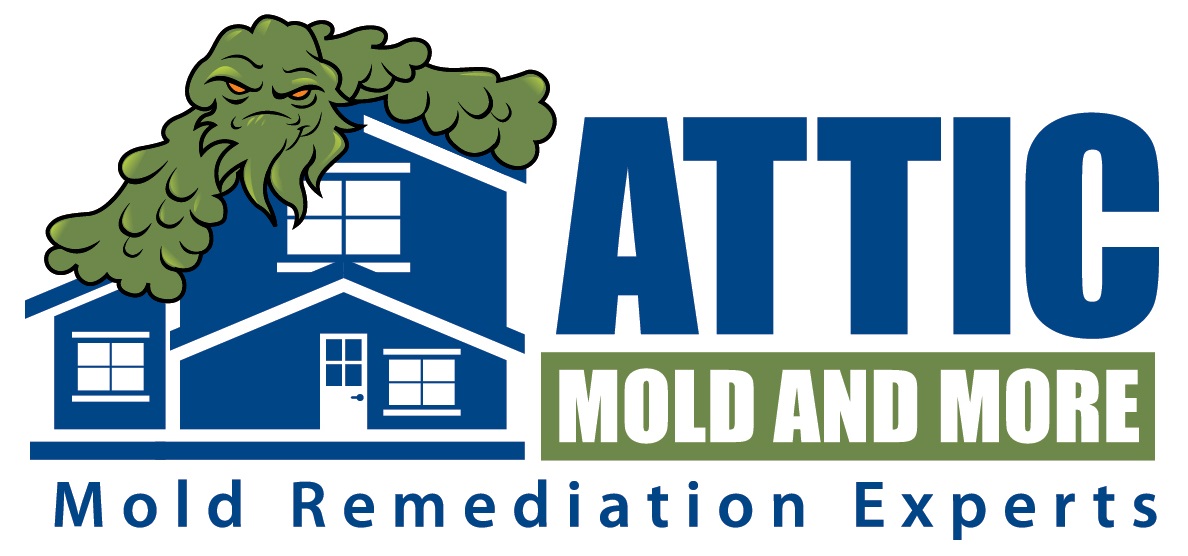- Have any questions?
- 508-868-4437
- Ars@AtticMoldandMore.com
Selling a Home Contaminated with Mold: 4 Things You Need to Know
If you want to sell your home, then be cautious in investigating in your home with mold as this is not something you want to take lightly. As soon as your potential buyers will discover the presence of mold on your property, they will immediately think of bailing out!
Let us start with letting you understand the dangers of mold and why you should have your house inspected before advertising it for sale.

1. What is Mold?
Mold is basically the common household fungi that usually pop up in moist environments. However, as the homeowner, you should know that it grows in bathrooms, basements, attics and other moist areas in your home. Therefore, you should also keep a check on them as when you notice the black spots developing on the wall of the room that is not or poorly ventilated, then there is the possibility that the mold is growing there and is in its early stage. The household mold is always searching for the favorable environment to grow, that’s why when it finds the moist place, it quickly attacks and develops there, thus making a huge problem for you.
2. Why is Mold dangerous?
There may be thousands of kinds of molds and some of them are really harmful to humans, therefore, they need to be inspected and cleaned out. Having
Here are some of the risks that your property purchasers can have with the household mold.
- Mold produces airborne by-products, severely harmful for your lungs and general health.
- People already suffering from asthma can get their problem worse when exposed to these toxic molds.
- It is capable of making pretty healthy people sick and nauseous.
- Infants and elderly people are most targeted by the molds.
- People with lung complications suffer more in presence of molds.
- From the mold exposure, sneezing, runny nose or coughing can occur.
These are only a few of the reasons why should approach a mold inspector near you as because of these health issues, you may have to face several lawsuits according to the law of Massachusetts if you own a rental or selling property within the area, even a minor mold issue can present with the costly repair and cleanup bills along with the lawsuits from the tenants that may claim that the molds have caused them health problems.
3. Is Mold Inspection Necessary?
You should not mess around with the mold inspection issue because there are multiple lawsuits that may come your way when you sell or rent your property without telling your tenants about the problem. Here are some legal liabilities about mold outbreak.
Tenant Self-Help Strategies in Massachusetts:
According to Massachusetts Landlord-Tenant Law mentioned in “A Massachusetts Consumer Guide to Tenant Rights & Responsibilities”, the courts have recognized two self-help strategies that the tenants can pursue on the mold outbreak in their rental homes, which are:
- Rent Withholding:
In this strategy, they decide to stop paying the rent with the claim that the house is uninhabitable because of the mold. This can cause serious problems because the landlords in Massachusetts are bound by the “implied warranty of habitability”, which is a legal documentation that demands to offer the tenants with renting places that are in liveable condition.
- Repair & Deduct:
This is the second strategy in which the tenants can look after the clean-up of mold on their own and then they can subtract the bills from their rent.
Massachusetts Required Landlord Disclosures:
Currently, there is no federal law that covers the responsibility of the landlord with respect to mold as there is no specific liability about the mold prevention and remediation, but it is in included in the “Required Landlord Disclosures of Massachusetts” that when the buyer asks the specific questions about the mold, then you have to disclose the truth or at least state the facts on which the buyer can rely while making a purchase.
This is a standard that comes from the court decisions of Massachusetts and if you don’t abide, then the tenants can try to recover the damages from you in the court in order to compensate for their loss. The problem is that you can be the hook for any harm if the jury agrees that the reason for the mold problem is your negligence. This is why you should hire professional mold testers to finish this issue from the start. If you try to mislead the buyer by telling that your rental house doesn’t have mold, there are serious chances that you can be held liable for misinterpretation, or even sued.
Because of these liabilities, you need to hire a well-reputed mold inspector near you so that you can have the mold investigated and cleaned up before putting the property on rent or sale. Despite not having a particular law about the mold outbreak, you can still be held liable if the facts are twisted in through the language that may be inserted into the purchase or sale agreement, or as an addendum. In Massachusetts, the buyers usually ask for the sellers to warrant that the property doesn’t contain any hazardous materials, like radon, chlordane, or formaldehyde insulation and also the moist areas containing mold, specifically black, or other health related problems.
4. Who Do You Call for Mold Inspection?
Whenever you decide to investigate the house with molds, be sure that you go for the best service providing investigators, like Attic Mold and More. This company is in mold investigation and removal business for quite a long time and therefore, can be relied upon if you are looking for authentic mold investigation services. You should also consider how much does it cost to get a mold inspection because the company that provides better services will also charge reasonable prices for the inspection. Attic Mold and More can be your best option if you are looking for a mold investigation company that can offer you the excellent services with competitive prices. Have your property cleaned up to avoid any lawsuit from tenants about mold outbreak.
